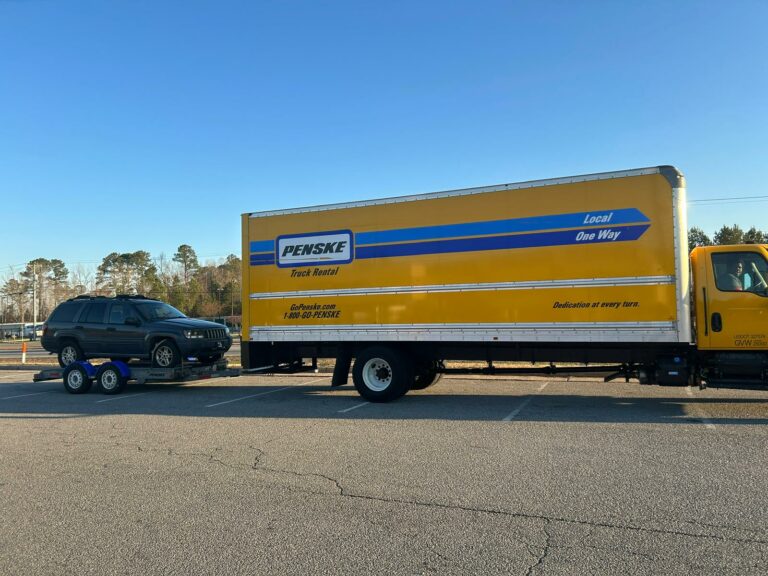The Role of Blockchain in Securing Aerospace Supply Chains
11xplay reddy login, gold365 registration, skyfair:The aerospace industry is one of the most complex and global supply chains in the world. With numerous stakeholders involved in the manufacturing and distribution of aircraft parts and components, ensuring the security and integrity of the aerospace supply chain is paramount. This is where blockchain technology comes into play.
Blockchain, most commonly associated with cryptocurrencies like Bitcoin, has emerged as a powerful tool for securing transactions and data across various industries. In the aerospace sector, blockchain technology can play a crucial role in securing the complex and interconnected supply chains that span the globe. Let’s explore how blockchain can enhance the security of aerospace supply chains.
1. What is Blockchain?
Blockchain is a decentralized, distributed ledger technology that records transactions across a network of computers. Each transaction is grouped into a “block” and linked to the previous block, forming a chain of blocks. This technology ensures transparency, security, and immutability of data, making it ideal for securing supply chains.
2. Transparency and Traceability
One of the key benefits of blockchain technology in aerospace supply chains is transparency and traceability. By recording each transaction on the blockchain, stakeholders can track the movement of parts and components from manufacturers to end-users. This visibility ensures that any unauthorized or counterfeit parts can be quickly identified and removed from the supply chain.
3. Smart Contracts
Smart contracts are self-executing contracts with the terms of the agreement directly written into lines of code. In aerospace supply chains, smart contracts can automate and enforce agreements between stakeholders, such as manufacturers, suppliers, and distributors. By using smart contracts, the risk of fraud and disputes can be significantly reduced.
4. Enhanced Security
Blockchain technology provides a high level of security through cryptography and consensus mechanisms. Each transaction is encrypted, and the network must reach a consensus before a new block is added to the chain. This makes it nearly impossible for malicious actors to tamper with the data stored on the blockchain, ensuring the integrity of the aerospace supply chain.
5. Data Integrity
Data integrity is a critical aspect of securing aerospace supply chains. By storing transaction data on the blockchain, stakeholders can be confident that the information is accurate, complete, and tamper-proof. This is especially important in industries like aerospace, where the slightest error or discrepancy can have severe consequences.
6. Streamlined Audits and Compliance
Regulatory compliance is a significant challenge for aerospace companies, with strict standards and regulations to adhere to. By using blockchain technology, companies can streamline audits and compliance checks by providing a transparent and immutable record of transactions. This can help reduce the time and costs associated with regulatory compliance.
7. Supply Chain Resilience
Blockchain technology can enhance the resilience of aerospace supply chains by providing a decentralized and secure platform for transactions. In the event of a cyberattack or system failure, the blockchain network can continue to operate without disruption, ensuring the continuity of supply chain operations.
8. Cost Savings
Implementing blockchain technology in aerospace supply chains can lead to cost savings by reducing inefficiencies, fraud, and errors in transactions. By automating processes and increasing transparency, companies can streamline operations and cut down on unnecessary expenses.
9. Collaboration and Trust
Blockchain technology fosters collaboration and trust among stakeholders in aerospace supply chains by providing a shared platform for recording and verifying transactions. By working together on a secure and transparent network, companies can build stronger relationships and ensure the integrity of their supply chains.
10. Future Applications
The potential applications of blockchain technology in aerospace supply chains are vast and continue to evolve. From ensuring the authenticity of parts and components to optimizing inventory management and logistics, blockchain can revolutionize the way aerospace companies operate and collaborate.
In conclusion, blockchain technology has the potential to transform the security and efficiency of aerospace supply chains. By leveraging the transparency, traceability, and security features of blockchain, companies can strengthen their supply chain operations and build trust among stakeholders. As the aerospace industry continues to evolve, embracing blockchain technology will be essential to staying ahead of the curve.
FAQs:
Q: How does blockchain technology ensure the security of aerospace supply chains?
A: Blockchain technology ensures security through encryption, consensus mechanisms, and the immutability of data. Each transaction is encrypted, verified by the network, and recorded on the blockchain, making it nearly impossible for unauthorized tampering or fraud.
Q: What are the benefits of using smart contracts in aerospace supply chains?
A: Smart contracts can automate and enforce agreements between stakeholders, reducing the risk of fraud and disputes. By using self-executing contracts with the terms written into code, companies can streamline transactions and ensure compliance with agreements.
Q: How can blockchain technology help aerospace companies save costs?
A: By reducing inefficiencies, fraud, and errors in transactions, blockchain technology can lead to cost savings for aerospace companies. Automation, transparency, and data integrity provided by blockchain can streamline operations and cut down on unnecessary expenses.






